Russia vetoes Western resolution on Syria aid for bypassing Damascus
Russia has vetoed a West-backed draft resolution that called for an extension of aid deliveries from the United Nations to Syria through Turkey without the consent of Damascus.
The vote held at the UN Security Council on Friday sought to extend cross-border aid to the terrorist-held northwestern province of Idlib by a year, bypassing the Syrian government.
"We regret that the efforts of the delegations of Ireland and Norway, the pen holders on the humanitarian dossier, didn't find the best way of resolving the issue," said Russia’s deputy envoy to the UN Dmitry Polyanskiy, arguing that the resolution was not in Syria’s interests.
Thirteen UN Security Council members backed the Western draft resolution, while Russia opposed it and China abstained from the vote.
The UN Security Council has been extending the Mechanism for Cross-Border Aid Delivery into Syria (CBM) since 2014.
Syrian President Bashar al-Assad’s government has repeatedly denounced the cross-border mechanism as a violation of Syria’s sovereignty and a tool to advance Western agendas in the country.
Moscow and Beijing have generally agreed, contending that the UN authorization violates Syria’s sovereignty and the aid to opposition-held territories should instead be routed from Damascus.
After vetoing the resolution, which was proposed by Norway and Ireland, Russia presented a competing resolution that proposed extending the aid by only six months.
China voted in favor of the proposal, while the US, Britain, and France cast their vetoes against it. The resolution thus failed to make headway after a double veto by two veto-yielding members.
Polyanskiy blasted the West’s "stubbornness" and asserted that the West-backed resolution "ignored the sovereignty of Damascus."
"You always say that you want the situation to improve. But in fact, it's shown that all of this was cunning, and it was false. Today that's what's been demonstrated about the situation with the cross-border mechanism," he said after the vote on the Russian resolution.
Syrian ambassador Bassam Sabbagh also expressed disappointment that the Russian draft was not approved by the Western powers.
“My delegation regrets that the balanced draft resolution provided and tabled by the Russian Federation was not adopted,” he said after the vote.
"We deplore the fact that the three Western countries, the United States, France, and the United Kingdom, have been so insistent on misleading and disregarding the genuine and objective concerns expressed by my country and the Russian Federation and other countries.”
Bab Al-Hawa crossing on the Syria–Turkey border that connects the Syrian M45 and the Turkish D827 highways is the only crossing through which aid can be transported to areas in and around Idlib.
It does not pass through areas controlled by the Syrian government, which makes it problematic.
During the UN Security Council’s monthly meeting on Syria in June, the Syrian envoy slammed the UN call for extension of the cross-border aid mechanism, saying it hampered the government’s efforts to restore stability in the war-torn country.
“The [Syrian] government is enhancing its efforts to restore security and stability and overcome the repercussions of the crisis through reconciliation and work to repair the infrastructure,” Sabbagh said at the time.
Last July, UN Security Council adopted resolution 2585 to extend the authorization of the cross-border aid mechanism. It allowed the aid into Syria from the Bab al-Hawa border to run for six months until January 10, 2022, followed by an extension of an additional six months until July 10, 2022.
There have been concerns that the Western powers under the guise of humanitarian assistance seek to provide support to Takfiri terrorist groups that have suffered huge losses to Syrian government forces in the past few years.
The Arab country found itself in the grip of foreign-backed militancy and terrorism in 2011.
The situation compounded in 2014 when the Takfiri terrorist group Daesh started unleashing a campaign of bloodshed and destruction across the Arab nation.
The country initially lost huge swathes of territory to the terrorists. Gradually, however, it began to seize them back with the help of its allies Iran and Russia.
Ever since, Idlib has turned into a safe haven for the Takfiri terrorists and militants, who would flee the Syrian military and its allies’ operations into the flashpoint province.
Zelensky’s name appears over 50 times in Epstein files: Opposition leader
Tehran rejects Trump’s riot death toll, demands proof
VIDEO | Police battle opposition protesters in Albanian capital
Israeli expansion across West Asia would be ‘fine’: US envoy
VIDEO | UK court frees remaining jailed members of Palestine Action
VIDEO | Former prince Andrew arrested by British police
VIDEO | Backlash mounts as Pakistan joins US-led Gaza ‘Board of Peace’
Saudi-Greece fiber optic project to pass through Syria instead of occupied territories: Report


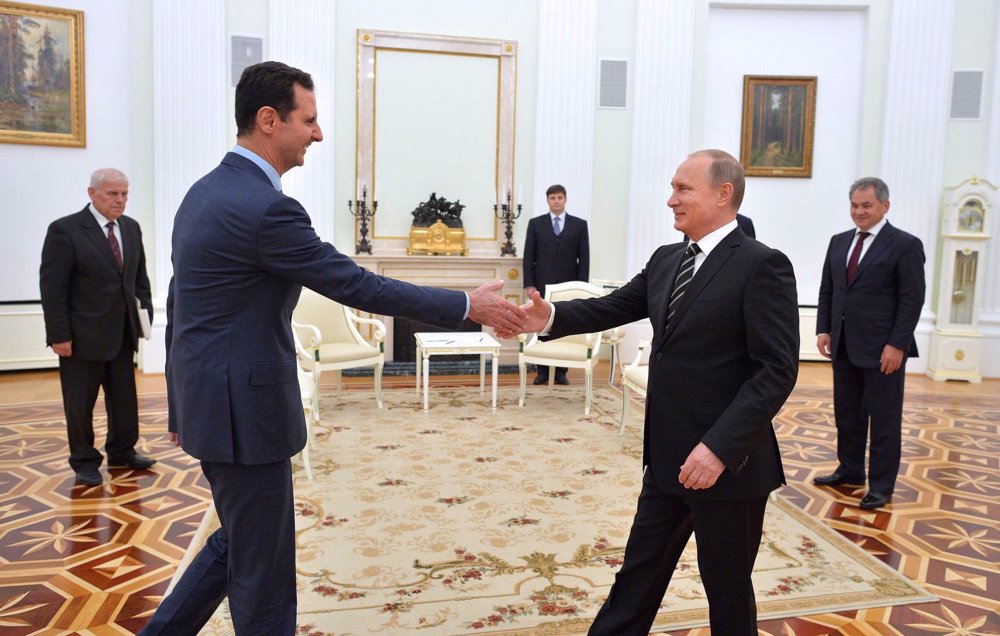
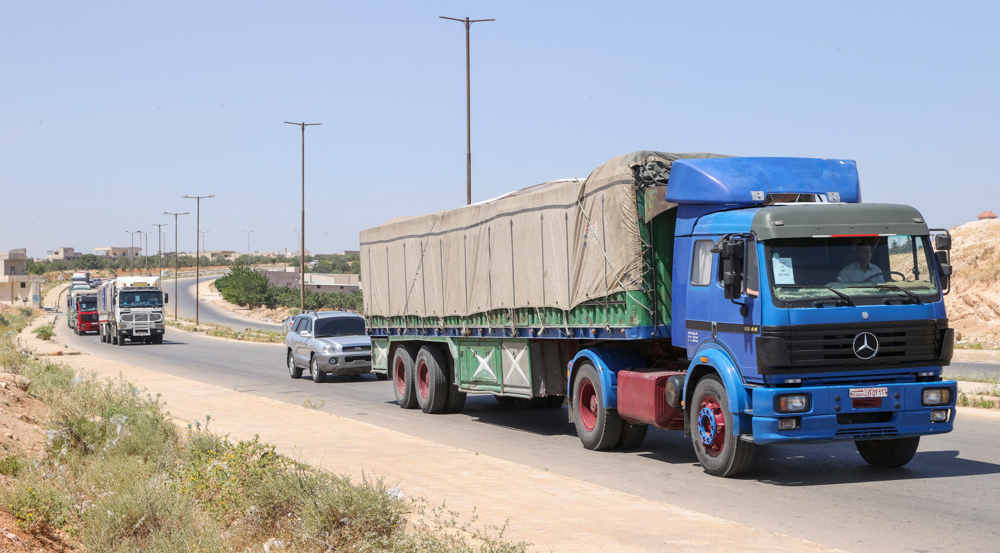
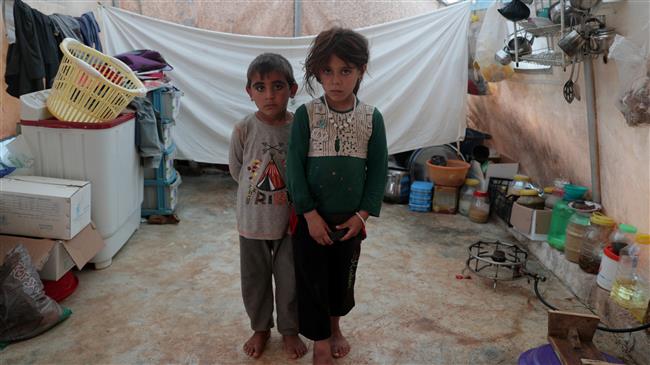
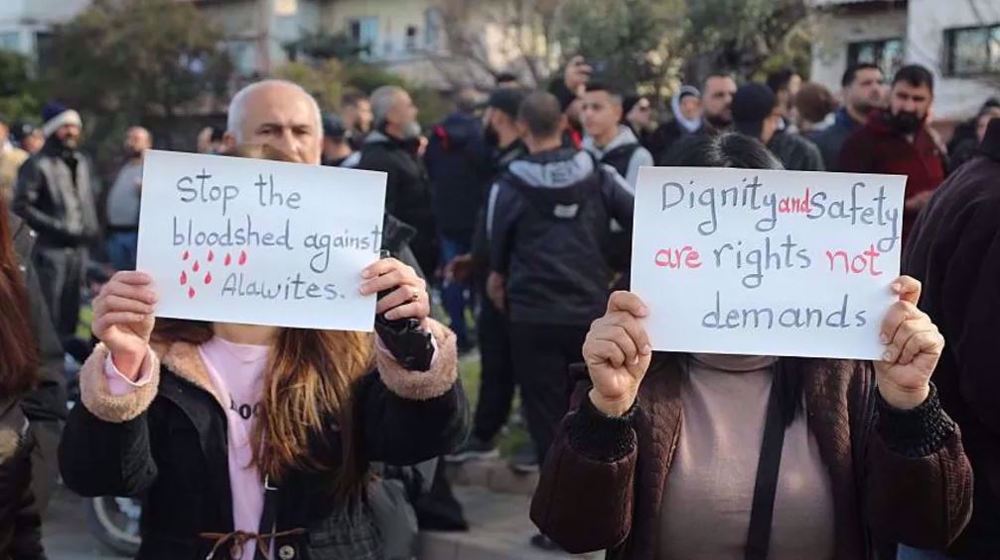
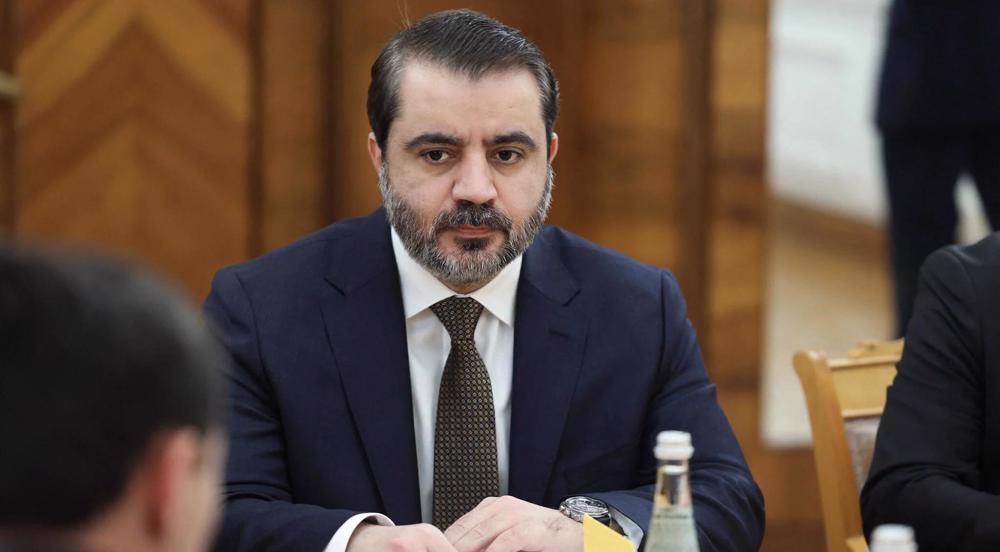
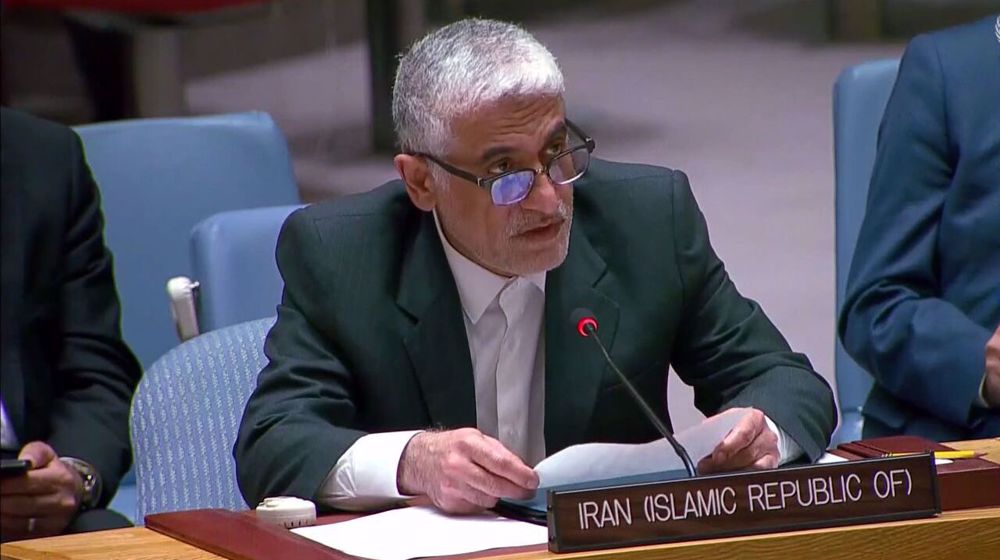



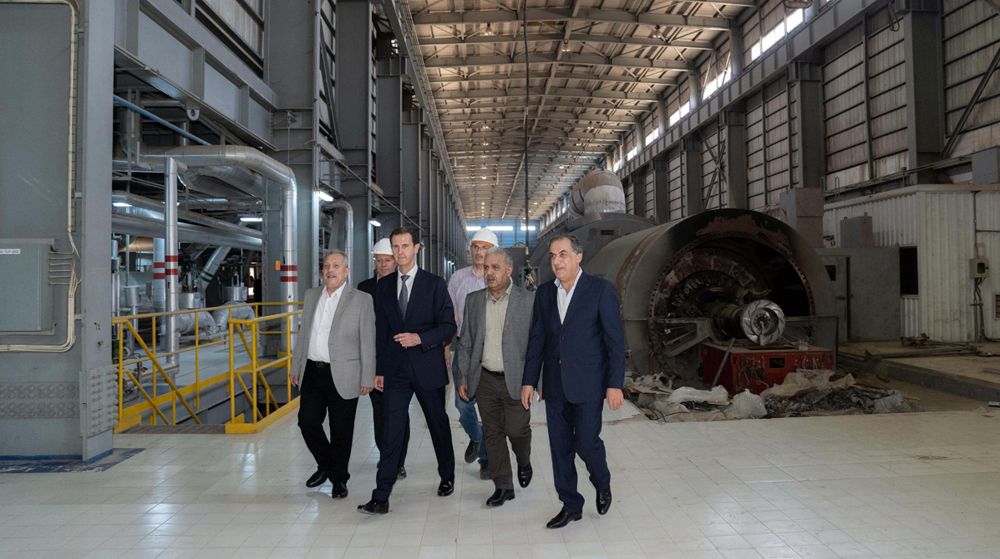
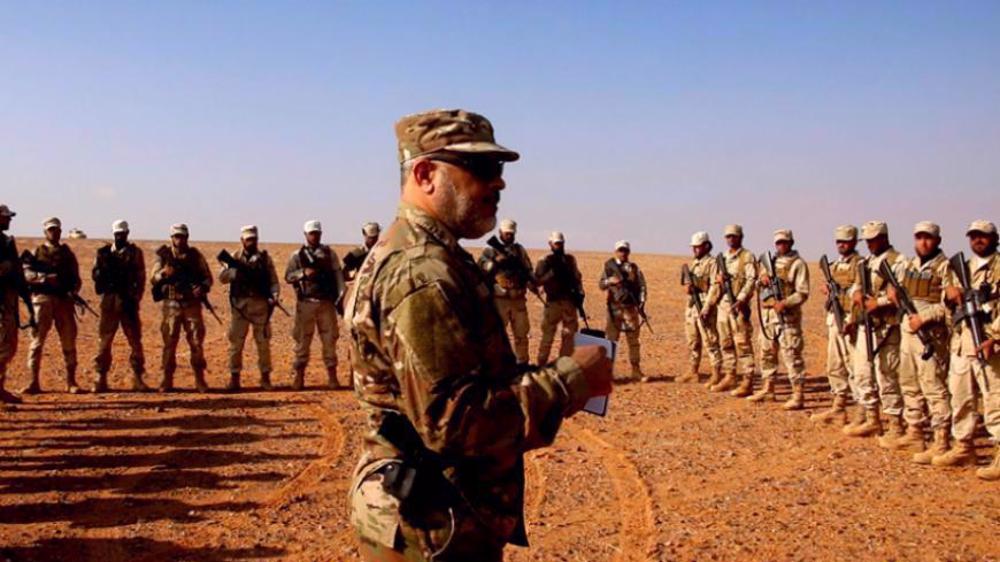
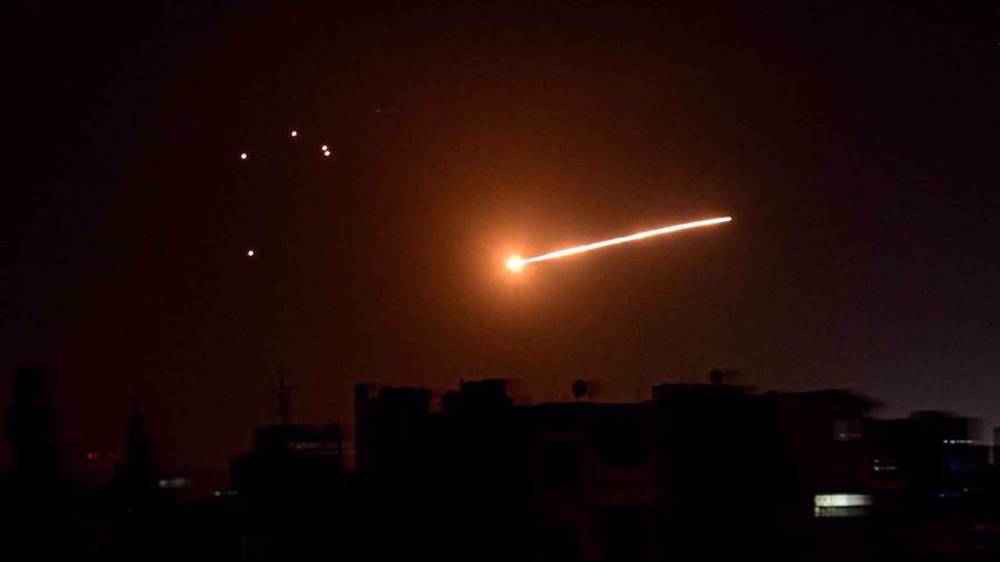

 This makes it easy to access the Press TV website
This makes it easy to access the Press TV website